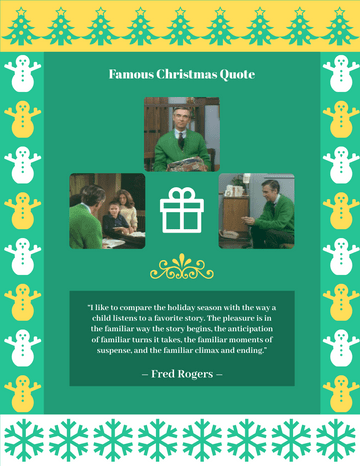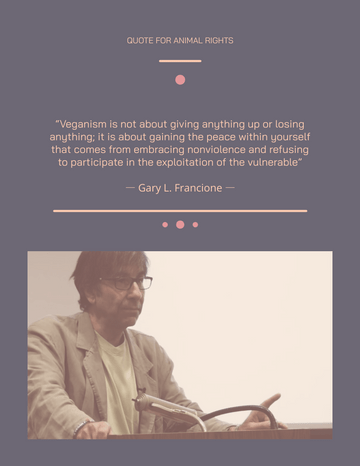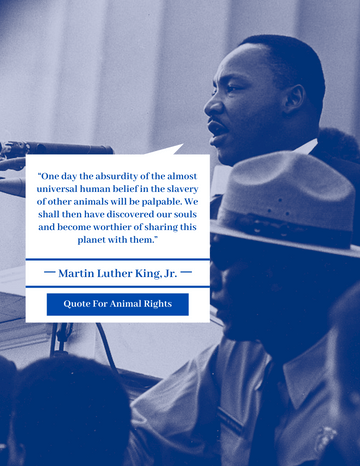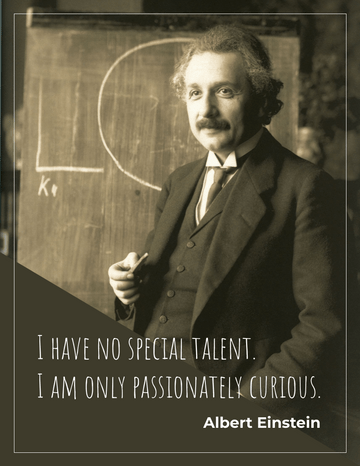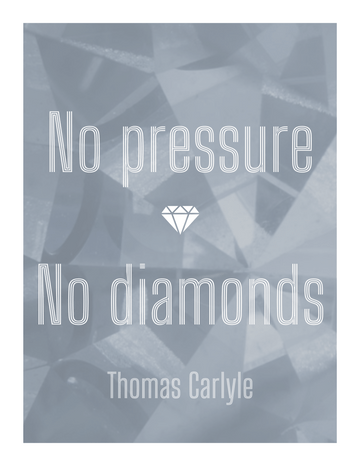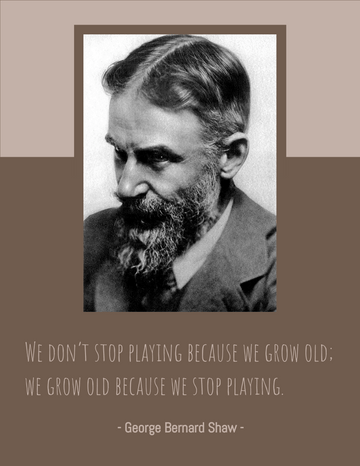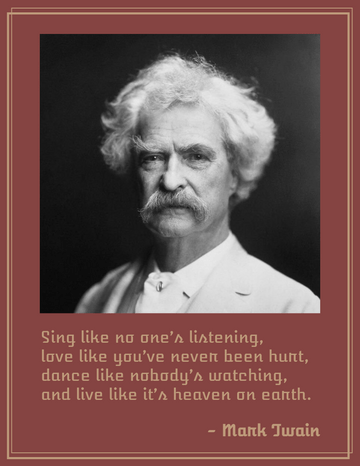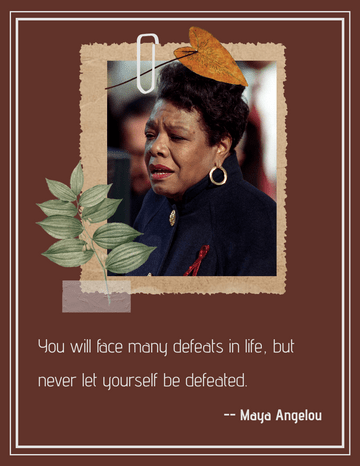Elbert Green Hubbard (June 19, 1856 – May 7, 1915) was an American writer, publisher, artist, and philosopher. Raised in Hudson, Illinois, he had early success as a traveling salesman for the Larkin Soap Company. Hubbard is known best as the founder of the Roycroft artisan community in East Aurora, New York, and an influential exponent of the Arts and Crafts movement.
Among Hubbard's many publications were the fourteen-volume work Little Journeys to the Homes of the Great and the short publication A Message to Garcia. He and his second wife, Alice Moore Hubbard, died aboard the RMS Lusitania when it was sunk by a German submarine off the coast of Ireland on May 7, 1915.
"When life gives you lemons, make lemonade."
When life gives you lemons, make lemonade is a proverbial phrase used to encourage optimism and a positive can-do attitude in the face of adversity or misfortune. Lemons suggest sourness or difficulty in life; making lemonade is turning them into something positive or desirable.
make the best out of a difficult situation
turn something negative into a positive
make something sweet out of something bitter
embrace life in whatever form
look on the bright side of life
Origins
The phrase was initially coined by Christian anarchist writer Elbert Hubbard in a 1915 obituary he penned and published for dwarf actor Marshall Pinckney Wilder. The obituary, entitled The King of Jesters, praises Wilder's optimistic attitude and achievements in the face of his disabilities:
"He was a walking refutation of that dogmatic statement, Mens sana in corpore sano. His was a sound mind in an unsound body. He proved the eternal paradox of things. He cashed in on his disabilities. He picked up the lemons that Fate had sent him and started a lemonade stand."
Although the expression was coined by Hubbard, many modern authors attribute the expression to Dale Carnegie who used it in his 1948 book How to Stop Worrying and Start Living. Carnegie's version reads:
"If You Have a Lemon, Make a Lemonade."
Carnegie credited Julius Rosenwald for giving him the phrase.
How do be positive and optimistic?
Identify areas that need to be changed. If you want to become more optimistic and think more positively, first identify areas of your life where you typically think negatively.
Be open to humor. Allow yourself to smile or laugh, especially during difficult times.
Follow a healthy lifestyle. Aim for about 30 minutes of exercise most days of the week.
Surround yourself with positive people. Make sure the people in your life are positive, supportive people you can count on for helpful advice and feedback.
Practice positive self-talk. Start by following a simple rule: don't say anything to yourself that you wouldn't say to anyone else. Be gentle with yourself and encourage yourself.
Click here to read the flipbook.








